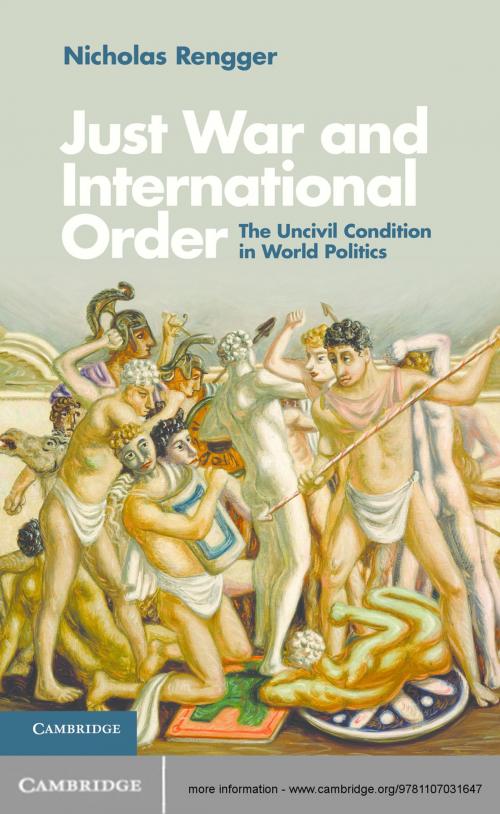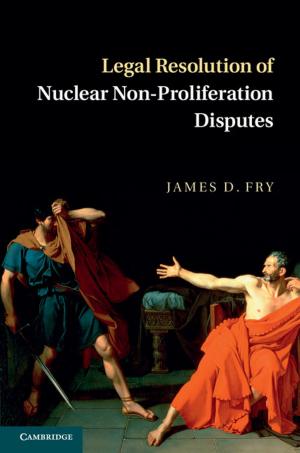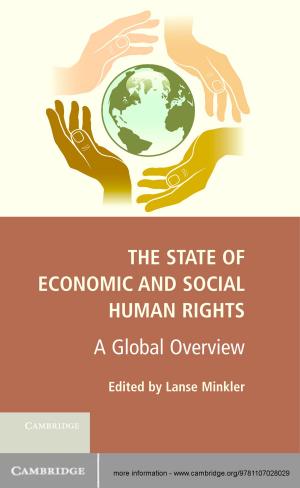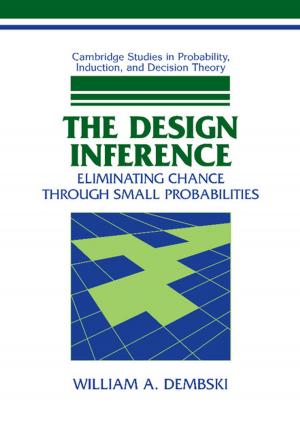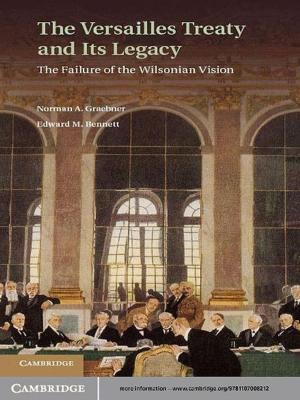Just War and International Order
The Uncivil Condition in World Politics
Nonfiction, Social & Cultural Studies, Political Science, International, International Relations, Religion & Spirituality, Philosophy| Author: | Nicholas Rengger | ISBN: | 9781107357907 |
| Publisher: | Cambridge University Press | Publication: | April 4, 2013 |
| Imprint: | Cambridge University Press | Language: | English |
| Author: | Nicholas Rengger |
| ISBN: | 9781107357907 |
| Publisher: | Cambridge University Press |
| Publication: | April 4, 2013 |
| Imprint: | Cambridge University Press |
| Language: | English |
At the opening of the twenty-first century, while obviously the world is still struggling with violence and conflict, many commentators argue that there are many reasons for supposing that restrictions on the use of force are growing. The establishment of the International Criminal Court, the growing sophistication of international humanitarian law and the 'rebirth' of the just war tradition over the last fifty years are all taken as signs of this trend. This book argues that, on the contrary, the just war tradition, allied to a historically powerful and increasingly dominant conception of politics in general, is complicit with an expansion of the grounds of supposedly legitimate force, rather than a restriction of it. In offering a critique of this trajectory, 'Just War and International Order' also seeks to illuminate a worrying trend for international order more generally and consider what, if any, alternative there might be to it.
At the opening of the twenty-first century, while obviously the world is still struggling with violence and conflict, many commentators argue that there are many reasons for supposing that restrictions on the use of force are growing. The establishment of the International Criminal Court, the growing sophistication of international humanitarian law and the 'rebirth' of the just war tradition over the last fifty years are all taken as signs of this trend. This book argues that, on the contrary, the just war tradition, allied to a historically powerful and increasingly dominant conception of politics in general, is complicit with an expansion of the grounds of supposedly legitimate force, rather than a restriction of it. In offering a critique of this trajectory, 'Just War and International Order' also seeks to illuminate a worrying trend for international order more generally and consider what, if any, alternative there might be to it.
